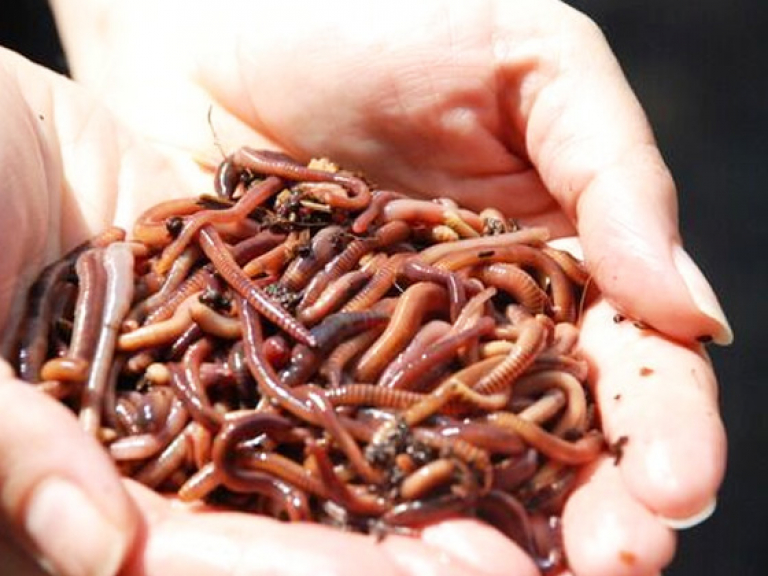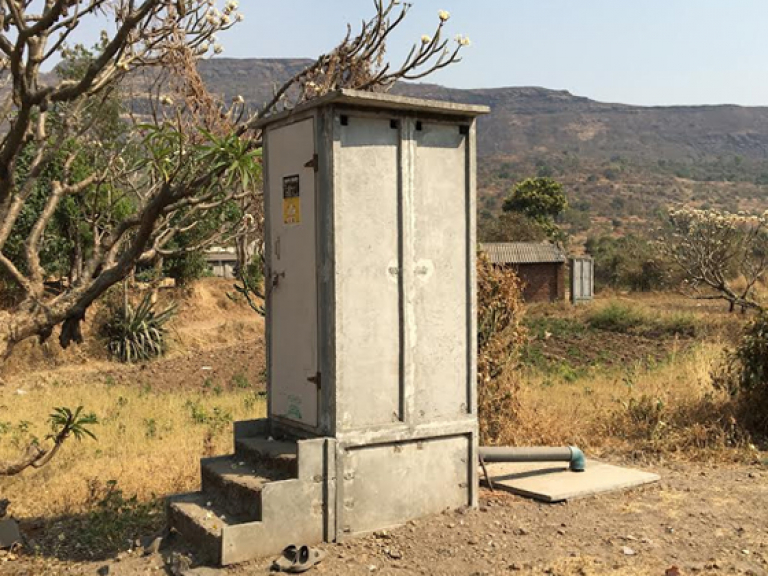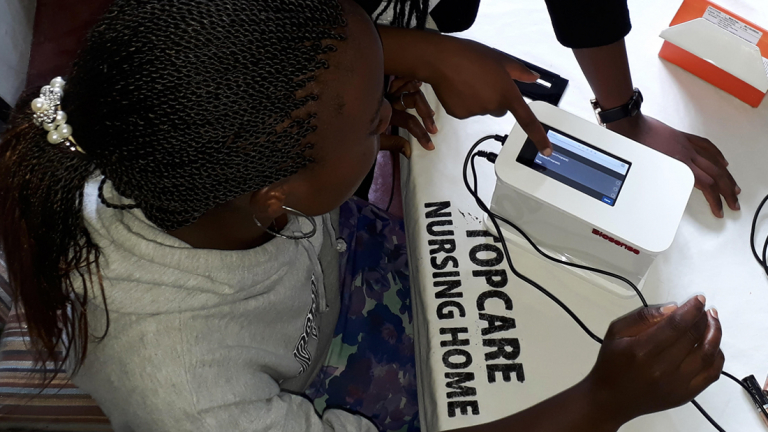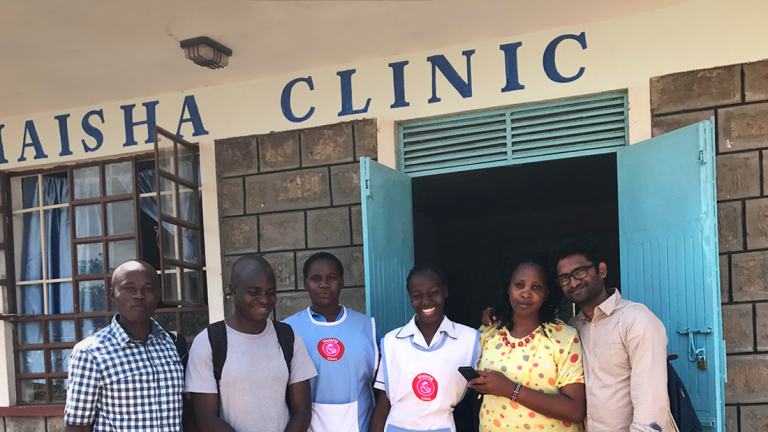Status
In Market
Deployed In
India
Partners


Vermifiltration Composting Toilets
The Problem
About 2 billon people around the world do not have access to sanitation and 1.7 billion people live under water-stressed conditions. In many parts of rural India, the absence of toilets leads many people to defecate in the open which releases fecal pathogens into the environment. These pathogens eventually find their way into drinking water and food and result in nearly 700,000 childhood deaths. In fact, diarrheal disease is the third leading cause of childhood mortality worldwide.
Sewer systems - the mainstay of sanitation infrastructure throughout the industrialized world - are not a realistic option for these communities. However, pit latrines, which are the most common forms of toilets in rural communities, provide no waste management.
To make a real difference, the solutions need to focus on becoming effective waste management systems.
Our solution: vermifiltration in lieu of sewers
ITT has built the most eco-friendly, affordable solution with our Tiger Biofilter technology, eliminating 99% of fecal pathogens and creating reusable non-potable water. Our Vermifiltration technology has rapidly scaled into one of the most widely deployed decentralized sanitation/sewage treatment technologies in India. The technology uses a unique combination of worms (a species commonly known as Tiger Worms), bacteria, and natural filtration materials to effectively treat fecal and sewage waste. This Biomedia induces "passive aeration" to the fecal wastewater, causing dissolution into oxygen and leaving behind clean, fertile, and odor-free vermicompost.
ITT's worm-based digester system converts fecal sludge into compost in 10-12 hours turning human waste into incredibly effective fertilizer.

Priced at only US$60, the Tiger Toilet - originally developed by Bear Valley ventures from the UK and PriMove India - uses a traditional Indian commode with a pour-flush. The waste then enters a tank, which contains a large number of Eisenia fetida worms (commonly found throughout India) and a drainage layer. The solids are trapped at the top of the system where the worms consumer it and the liquid is filtered through the drainage layer.
Vermifiltration also has significant potential as waste management technology for sewage treatment plant applications. Over 200,000 tons of solid waste and 40,000 million litres/day of liquid waste is being generated across India - a challenge that is only expected to grow in the coming decades. When provided with a controlled environment, vermifiltration systems have the potential to convert such vast quantities of human waste into a very useful agricultural resource. We are currently exploring a few different larger-scale applications that could enable municipal governments better manage India’s growing waste management crisis.
The Impact
The goal is to provide over 100 million rural households affordable and safe sanitation. ITT has enableds the installation of over 3,500 units of the vermifiltration digestor through partners around India. The worms have demonstrated significant reduction in fecal solids by over 80% and the effluent quality is higher than from a septic tank. In these two years, households in India have shown very high levels of user satisfaction, as well as an overall deduction of open defecation across the communities.
Learn more here.


Related Readings

Application of Low-Energy Battery Driven Technologies in 500 Watt Clinics




